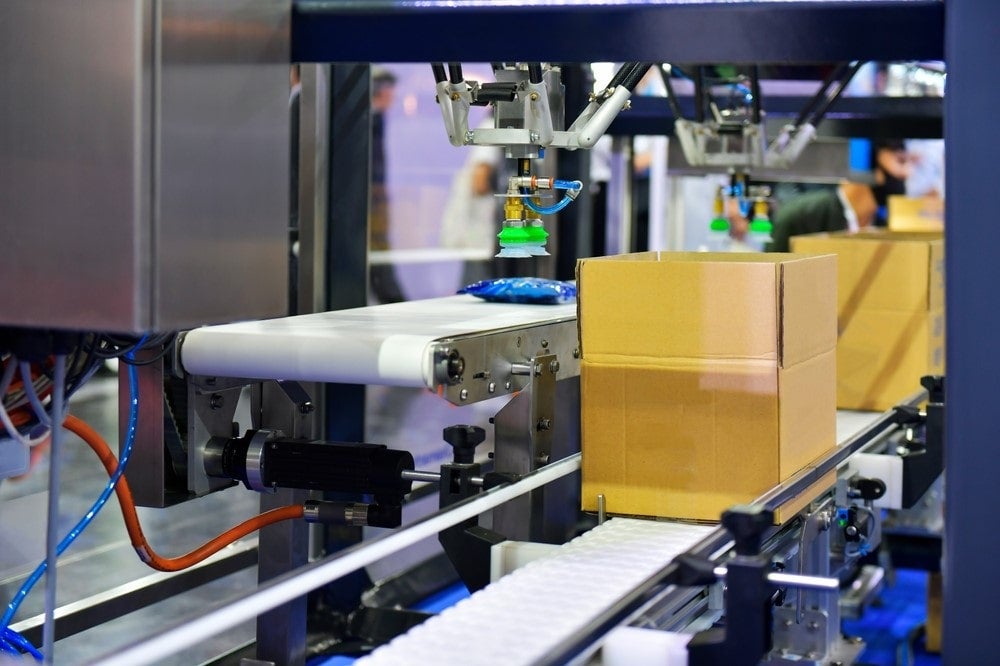
With new pharmaceutical logistics providers emerging every day, it can be difficult for a manufacturer to determine which one will best serve them and their products’ needs.
Much has changed in the global pharma logistics industry over the last decade. Transformations in technology and healthcare, and an evolution in our understanding of the importance of diversity and inclusion have all had an impact, altering what is required from a transport partner and pushing the envelope of what is possible from a supply chain.
But one thing has not changed: there is no substitute for expertise and experience.
The wrong choice of partner can result in a sub-standard supply chain solution, which could lead to process shortcomings that jeopardise product safety, customer relationships and brand reputation. Shortcomings in any area can result in negative consequences for businesses, such as cold-chain products going outside the temperature range, delays in getting vital medications to customers, improper billing and account reconciliation, and inefficient inventory management.
So, choosing the right partner from the outset is paramount.
Finding the right 3PL
Third-party logistics (3PL) refers to the outsourcing of ecommerce logistics processes to a third-party business. Providers typically specialise in integrated warehousing and transport services that can be scaled and customised to suit their customers’ needs, based on market conditions, to meet the demands and delivery service requirements for their products.
There are advantages for pharma manufacturers that partner 3PL companies with the correct experience and understanding of their business. For instance, it enables manufacturers to take a consultative approach to meeting their own needs, which will progress and evolve as their product moves along its clinical journey to commercial launch.
A logistics partner with expertise and experience in pharmaceutical distribution can level up the manufacturer’s business development talents to ensure success, with a focus on 3PL savings, growth plans and programme support.
Furthermore, the right 3PL partner can adapt a firm’s business model to meet evolving pharmaceutical industry needs; for example, expanding cryogenic and large-volume, specialty cold storage to provide for the new generation of cell and gene therapies (CGTs).
A logistics partner that is equipped to address a full range of product needs can offer drug developers a lot of flexibility. Those needs might encompass different temperature control requirements, controlled substance storage, systems, and processes to manage interactions with all types of healthcare provider customers – from pharmacies to wholesalers to physician offices.
Additionally, a key element when choosing a logistics partner is to ensure they have access to the latest technologies to support them in enhancing supply chain efficiency. For example, machine learning can offer considerable advantages in terms of gaining knowledge from existing supply chain models to refine them, and make them more effective and resilient in the future.
Supply chain preparedness
A robust pharmaceutical supply chain becomes increasingly important as the industry evolves as it ensures the availability, safety, and timely delivery of medications to patients.
New regulations such as the Drug Quality and Security Act (DQSA) will have an impact on the way a pharma manufacturer’s products are received, stored, tracked and shipped. Therefore, it is vital that its logistics partner provides guidance on how to prepare for this prior to deadlines, as well as actively informing it of the steps it is taking to ensure timely compliance with new regulations.
One factor that drug developers should consider is whether the team launching their supply chain programme will stay on to service their account, or if they will be continually passed from person to person, and team to team. A 3PL provider should serve as an extension of the pharma business to provide insight into billing, product handling at the delivery point, and other customer considerations.
A service model from the 3PL provider that aligns with the way the manufacturer’s business works will give it a greater line of sight into its entire supply chain, while also providing it with a strategic and operational partner who will be both responsive and accountable.
A provider that offers solutions to save time and money will improve overall efficiency. A partner that shows ongoing investment in resources or improvements in quality can help the manufacturer to reach its customers more effectively.
Whether it is in offering services such as relabeling and rekitting, or implementing continuous improvement programmes such as ISO certification, a partner with the right experience brings premium value to the relationship – even if there is not an associated premium cost.
It is important that a logistics partner offers well-established and reliable infrastructure to support global transport, even for treatments with cryogenic or other specialty transit needs, as is having access to experts with local regulatory and logistical knowledge in key international markets. These attributes are vital to ensure a product will travel from the manufacturer’s home market to patients in another country with minimal delay.
A partner who has effective working relationships with dependable corporate partners is also beneficial. One factor for businesses to consider is whether they can collaborate with external companies efficiently to develop customised transport solutions that meet the unique needs of individual treatments.
Drug developers that enter into a logistics partnership that addresses all of the elements above – with a base of experience that combines quantity and quality – will help them grow their business.
In part two of our five-part series, we will examine how your short-term and long-term business goals can influence decisions about selecting a 3PL provider.



